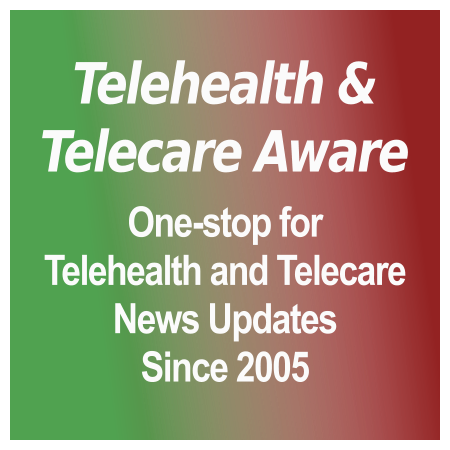Another brain-computer interface (BCI) makes a major advance. Synchron, a BCI company based in Brooklyn, NYC, announced that it will be the first BCI company to achieve native integration with Apple’s new BCI Human Interface Device (BCI HID) profile. The 13 May Apple announcement of a native integration means that Synchron’s BCI can control iPhone, iPad and Apple Vision Pro directly with their thoughts without physical movement or voice commands. Synchron’s BCI device, Stentrode, is placed in a blood vessel in the brain via a minimally invasive endovascular procedure, not directly in the brain, captures the neural signals, and connects to the IRT signaling device that has a two-way interface with the Apple devices. Controlled rollouts with trial participants using BCI HID-compatible features are expected to begin later this year. Synchron release, Mobihealthnews, MassDevice
The Synchron Stentrode device is still in clinical trials and has been in development since 2012. Synchron achieved the first BCI in 2019. In March, they and NVIDIA announced Chiral, a foundation model of human cognitions, and developing a cognitive AI model—artificial intelligence trained directly on human neural activity. From their announcement release, Chiral will be trained on a roadmap via NVIDIA’s Holoscan (motor inference), NVIDIA’s Omniverse platform and Cosmos world foundation models to simulate environments, and then through deidentified data. They have also partnered with Team Gleason, a foundation dedicated to improving the lives of people living with ALS. Earlier this month, Neuralink announced its third successful human implant in an ALS patient [TTA 8 May].
Shields Health Solutions partnering with Duke Health in North Carolina. The partnership between Duke Specialty Pharmacy and Shields Health Solutions aims to enhance personalized patient care by expanding services, reducing costs, and improving access to treatment options and medication management. Shields Health equips health systems with integrated specialty pharmacy solutions, enabling Duke to support patients with complex chronic conditions through regular follow-ups, side effect management, financial assistance, and medication delivery, with the goals of better medication adherence and patient outcomes. Shields partners with nearly 80 health systems, providing access to over 80% of limited distribution drugs (LDDs) and with most payers. Their clinical model is designed to reduce the total cost of care by 13%. Release
Two raises of note this week (are we seeing the return of lettered rounds?):
Cohere Health lands a $90 million Series C raise. The round was led by by Temasek, with continued support from Deerfield Management, Define Ventures, Flare Capital Partners, Longitude Capital, and Polaris Partners. Their total funding now exceeds $200 million since their start in 2019. Cohere Health automates prior authorization workflows, accelerating decisioning and review for physician practices. They are planning to expand their technology with AI to improve care management and other types of administrative burden. Release, FierceHealthcare
Olio Health raised $11 million in a Series B. The round was led by by Fulcrum Equity Partners, with participation from Mutual Capital Partners (MCP). Their Series A round of $13 million in August 2022 was led by MCP for a total since 2017 of $26.5 million. Olio’s ‘oil’ is a care management platform for value-based care primary care providers, payers, and health systems for post-acute care. The additional funding will be used for product expansion and accelerate their go-to-market initiatives. Olio is headquartered in Indianapolis. Release, Mobihealthnews

